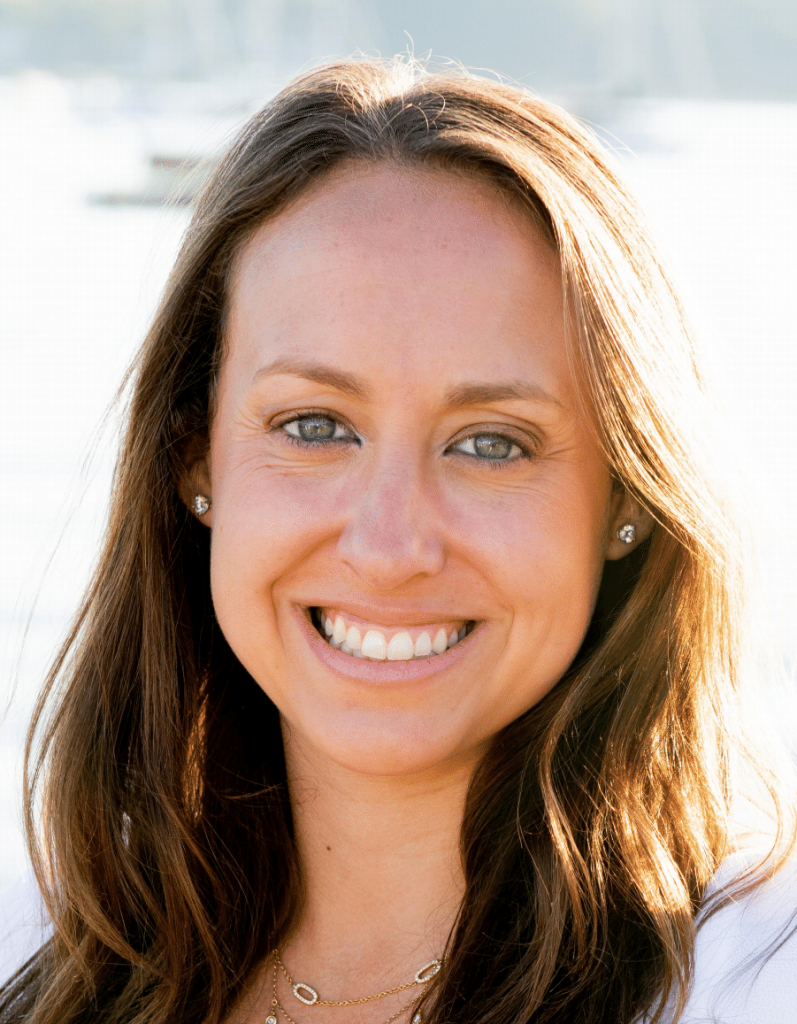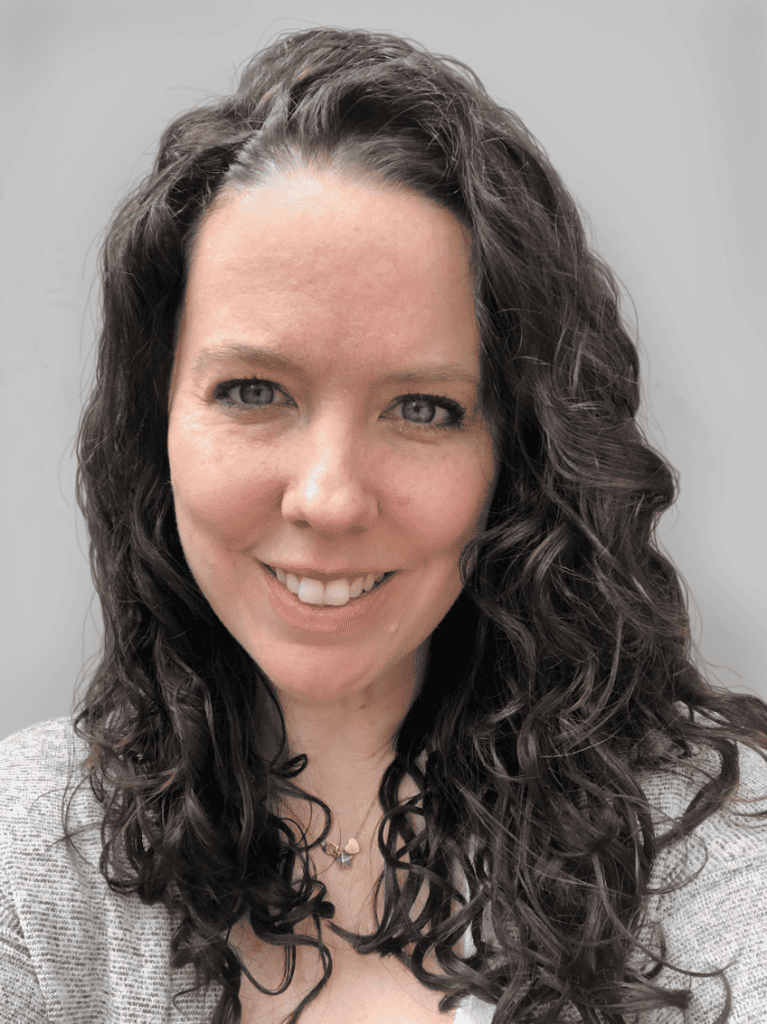Introduction to Training for Selective Mutism (SM) Treatment
Explore Selective Mutism in this webinar—discover DSM-V criteria, differences from Autism, and an introduction to Parent-Child Interaction Therapy (PCIT) for treatment. Led by SM Specialist, Chelsey Rosen, PsyD.
Learning Objectives
- Learn the key features and diagnostic criteria for Selective Mutism
- Be able to identify similarities and differences between Autism and Selective Mutism
- Identify the importance of collaborating with mental and behavioral health professionals when treating clients diagnosed with Selective Mutism
- Learn about data collection measures utilized by SM Specialists
About Instructor(s)

Dr. Chelsey Rosen, is a New York State licensed psychologist (#022640) and a certified NY State School Psychologist. She received her B.S in Psychology from the University of Maryland-College Park and her Doctoral and Masters degrees in School Psychology from St. John’s University.
Dr. Rosen specializes in working with children, adolescents and families who have a wide range of emotional and behavioral disorders including but not limited to: anxiety, school refusal behaviors, depression, ADHD, ODD and OCD. She has presented at various conferences on both TCIT and SM. She has also provided individual and group therapy for children to build both social and emotional skills.
As a certified school psychologist working both in the schools and clinical settings, Dr. Rosen has experience working with a multi-disciplinary team and is committed to collaborating with both the families and the schools when providing therapeutic interventions.
________________

Clare Romero is a Board Certified Behavior Analyst, Licensed Behavior Analyst, and certified Special Education Teacher in New York State. She holds a Bachelor of Science in Psychology with a minor in Psychology of the Exceptional Child from SUNY Cortland as well as a Master of Science in Early Childhood Special Education from Hunter College
Before joining MPG, Clare began her career over 20 years ago as a home programmer and instructor providing ABA and educational therapy, as a SEIT (Special Education Itinerant Teacher) for preschool children, and has also earned the title of Assistant Director of Educational ABA Services. She has been an adjunct lecturer for several years, teaching a course to paraprofessionals about autism spectrum disorders in young children. Beginning in 2004, she was the lead behavior consultant for a special needs activity center, overseeing the development and implementation of behavioral goals for participants with various disabilities aged 2-21 and providing staff supervision and training regarding behavior intervention. Clare most currently provides home-based ABA and educational therapy for children on the autism spectrum, both as a program coordinator/supervisor and as a direct service provider throughout New York City and Bergen County, New Jersey. Additionally, she is providing therapeutic services utilizing her behavior background for individuals with Selective Mutism.
Throughout her career, Clare has worked diligently to ensure that all of the children she serves receive an individualized and functional therapeutic program both in the home and in schools utilizing a variety of ABA techniques that are naturalistic and play-based. She has conducted skill-based assessments including VB-MAPP, ABLLS-R, and AFLS, in order to write goals with a focus on skills that are functional to the individual’s life. Clare has also conducted Functional Behavior Analyses in order to develop behavior intervention plans that extinguish/replace maladaptive behaviors and promote functional communication skills, social interactions, classroom participation, community-based participation, and independent life skills. A focus on collaboration across all environments (home, school, community-based programs), as well as providers from different disciplines, is a major role in ensuring consistent and comprehensive programming.
As a sibling of an individual on the Autism Spectrum, Clare recognizes the extreme importance of whole family involvement in the therapeutic programs she develops. She conducts parent trainings, incorporates siblings into therapy sessions, and welcomes all other caregivers and family members to be involved at any level they are able to be. It is her passion to ensure that not only the quality of life of the child is improved, but also the whole family, through the therapeutic services she provides.




